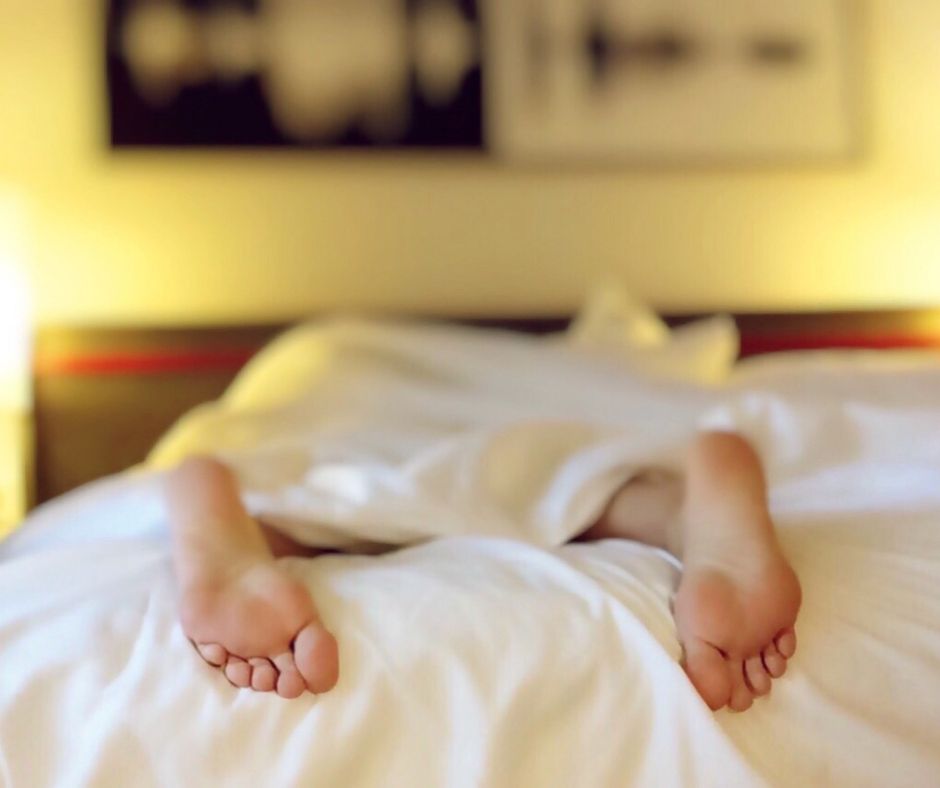
There are many sleep myths which circulate the internet causing us to be misinformed about our own sleep habits. From what happens to your body during sleep, how alcohol and looking at screens late at night affects you, the experts at Naturalmat have complied a list of the most common sleeping myths and the truth you really should know.
Myth – Drinking Before Bed Will Help You Sleep
Some do believe that drinking alcoholic beverages before you sleep will help you drift off quicker, but this is actually really unhealthy. Alcohol reduces the body’s ability to achieve a deep sleep which people need in order to function properly.
Myth – Snoring Isn’t A Problem
Whilst snoring can be harmless, it can also be a big sign of sleep apnea which is a serious sleep disorder. This can be very dangerous as breathing can stop and start over the course of one night.
It is advised to see a doctor if your snores are very loud and uncontrollable.
Myth – Watching TV Is A Great Way To Relax Before Bed
With the amount of negativity attached to screen time, it is now a given that this is bad for you. The ‘blue light’ which is emitted by screens has a very negative effect on your health and can cause sleep related issues.
Turn off any screens at least 2 hours prior to going to bed.
Myth – You Only Need 5 Hours Or Less Sleep For Good Health
This is one of the biggest myths. Sleep deprivation will affect you in so many different ways, including your mindset and potentially increase the risk of developing diabetes and obesity.
The recommend sleep time for adults is between seven and nine hours of sleep per night.
Myth – Your Brain And Body Can Function With Less Sleep
People believe that being tired is psychological, if you push yourself and have another coffee then you can power through the day. This is incorrect as chronic insufficient sleep of six hours or less can lead to your body being weak. And this can lessen reaction times making driving a dangerous act.
Myth – Lie Awake And Count Sheep
Lying in bed with your eyes closed and trying to fall asleep will not lead you to the land of ZZZ. If you stay in bed, then your brain will link this to insomnia.
If 20 minutes have passed then get yourself out of bed. Do a small mindful job such as washing the dishes. This will physically tire you out and lead you to doze off as soon as you get back to bed.
Myth – You Can Only Dream During Deep Sleep
You actually have your most clear and vivid dreams during REM sleeps. This happens around 90 minutes after you first fall asleep and not during your deepest sleep which people believe. It is said that we dream at least four to six times per night.









Poor sleep has a big impact on your cognitive performance. This manifests itself in two main ways: speed and accuracy